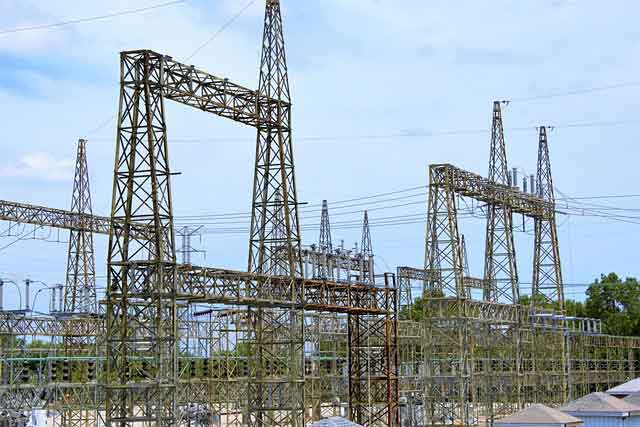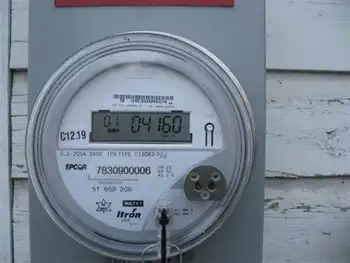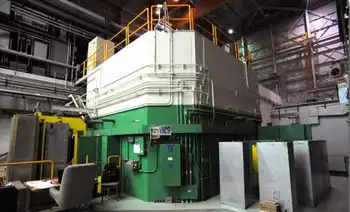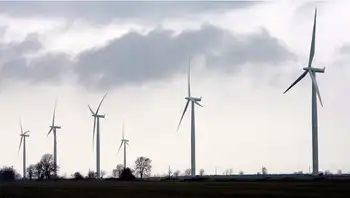First U.S. carbon auction brings $39 million
By Reuters
NFPA 70e Training - Arc Flash
Our customized live online or in‑person group training can be delivered to your staff at your location.

- Live Online
- 6 hours Instructor-led
- Group Training Available
The auction kicked off the Regional Greenhouse Gas Initiative, an agreement by 10 states to begin regulating carbon dioxide emissions from more than 230 power plants in January. The states, from Maryland to Maine, are taking action in the absence of guidance from the Bush Administration on how to regulate the gases widely blamed for warming the planet.
The permits sold for $3.07 per ton, RGGI said.
The price was lower than the $4.50 to $4.00 per ton that contracts on the permits had been fetching in recent weeks on futures markets. It is also lower than carbon prices in the European Union, where they were trading for about $34 dollars per tonne (1.1 ton). The EU, where countries have national carbon limits under the Kyoto Protocol, has had a greenhouse gas allowance market since 2005.
Still, all of the more than 12.5 million permits that had been offered in the RGGI auction sold. RGGI said 59 participants from the energy, financial and environment sectors had bid to buy nearly 52 million permits.
"I think the volumes exceeded the market's expectations," said Evan Ard, a spokesman for energy brokers Evolution Markets, LLC.
The price had been expected to be low in part because the cap RGGI set on emissions of 188 million tons per year was above pollution levels from last year. Emissions have fallen on mild weather and as power plants switched to cleaner natural gas amid falling prices for that fuel.
Among the players keeping an eye on the auction were states in the U.S. West and Canadian provinces which hope to establish a broader cap-and-trade market by 2012. U.S. lawmakers who hope to form a federal market on the gases were also watching after legislation to do so died in June.
U.S. President George W. Bush walked away from the Kyoto Protocol in his first term saying it would raise costs and that it unfairly left rapidly developing countries like China and India without emissions limits.
The nearly $39 million raised by the single-price auction will go to Connecticut, Maine, Maryland, Massachusetts, Rhode Island and Vermont. The states say they will invest those funds in energy efficiency and renewable energy technologies and in shield energy consumers from any higher energy bills as a result of the carbon caps.
Several other states, including New York and New Jersey, did not finalize rules in time to participate in the first auction.
RGGI aims to cap carbon emissions from power plants at current levels for several years and then reduce them 10 percent by 2018. The next auction will be held on December 17 and quarterly ones will be held after that.











